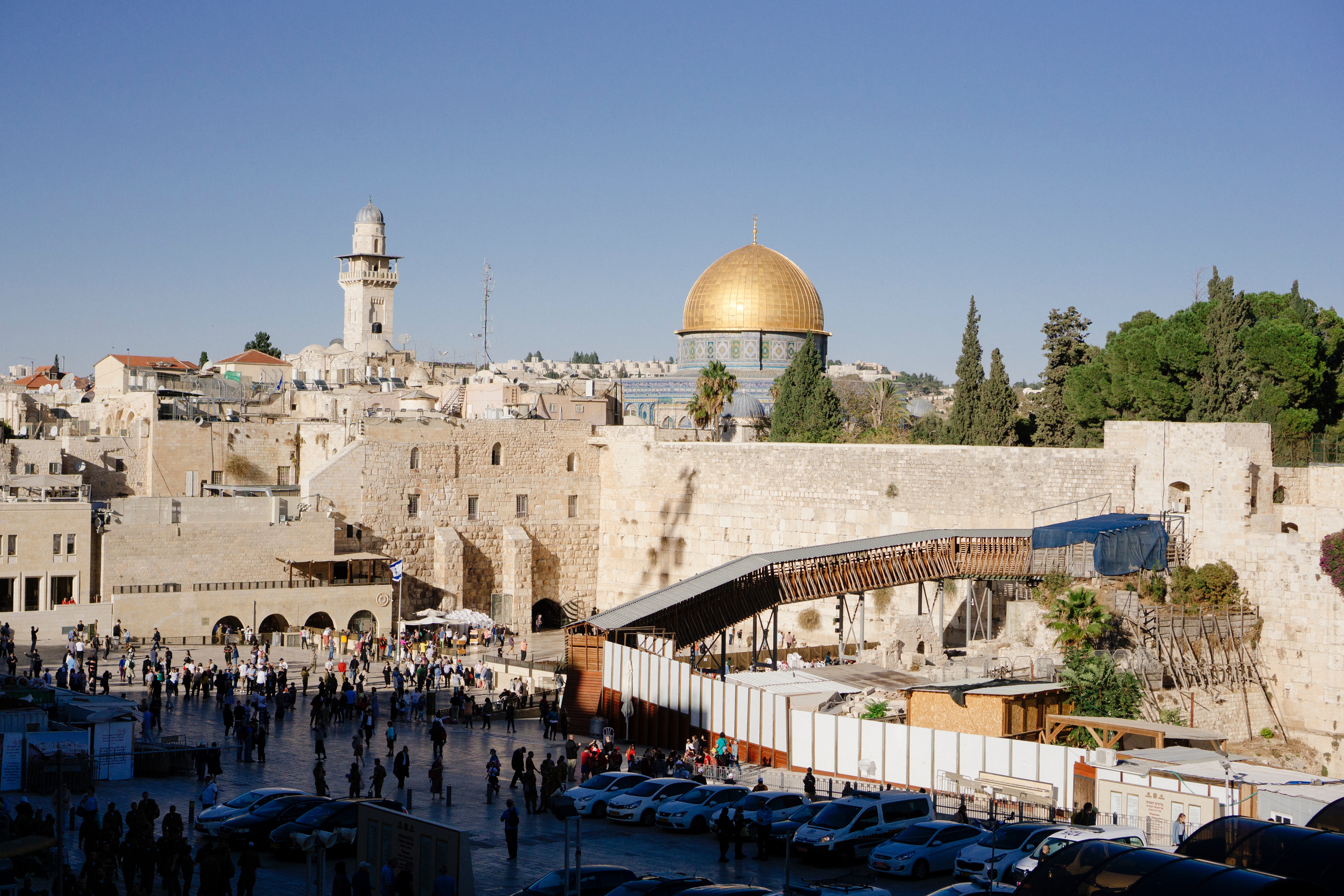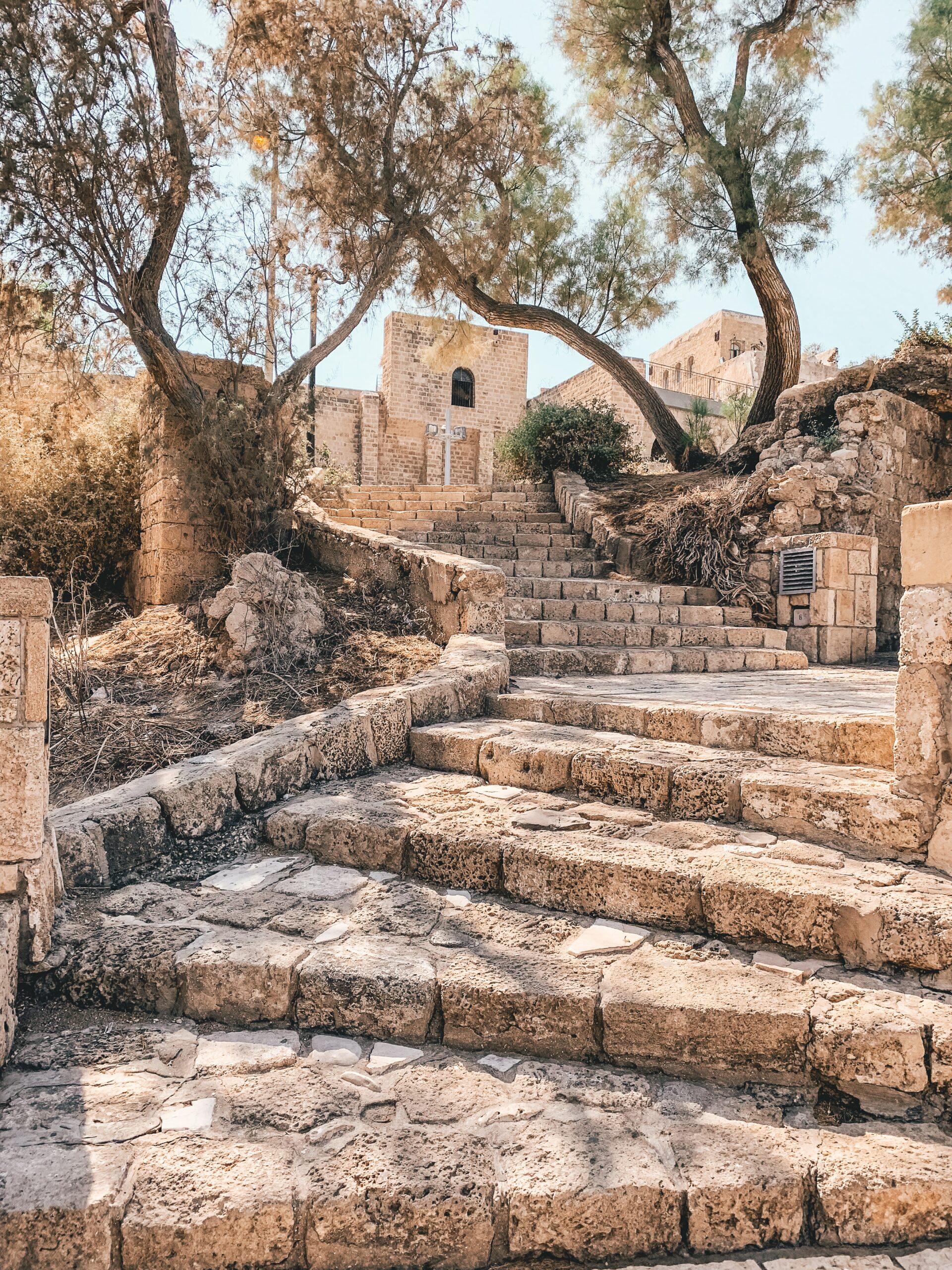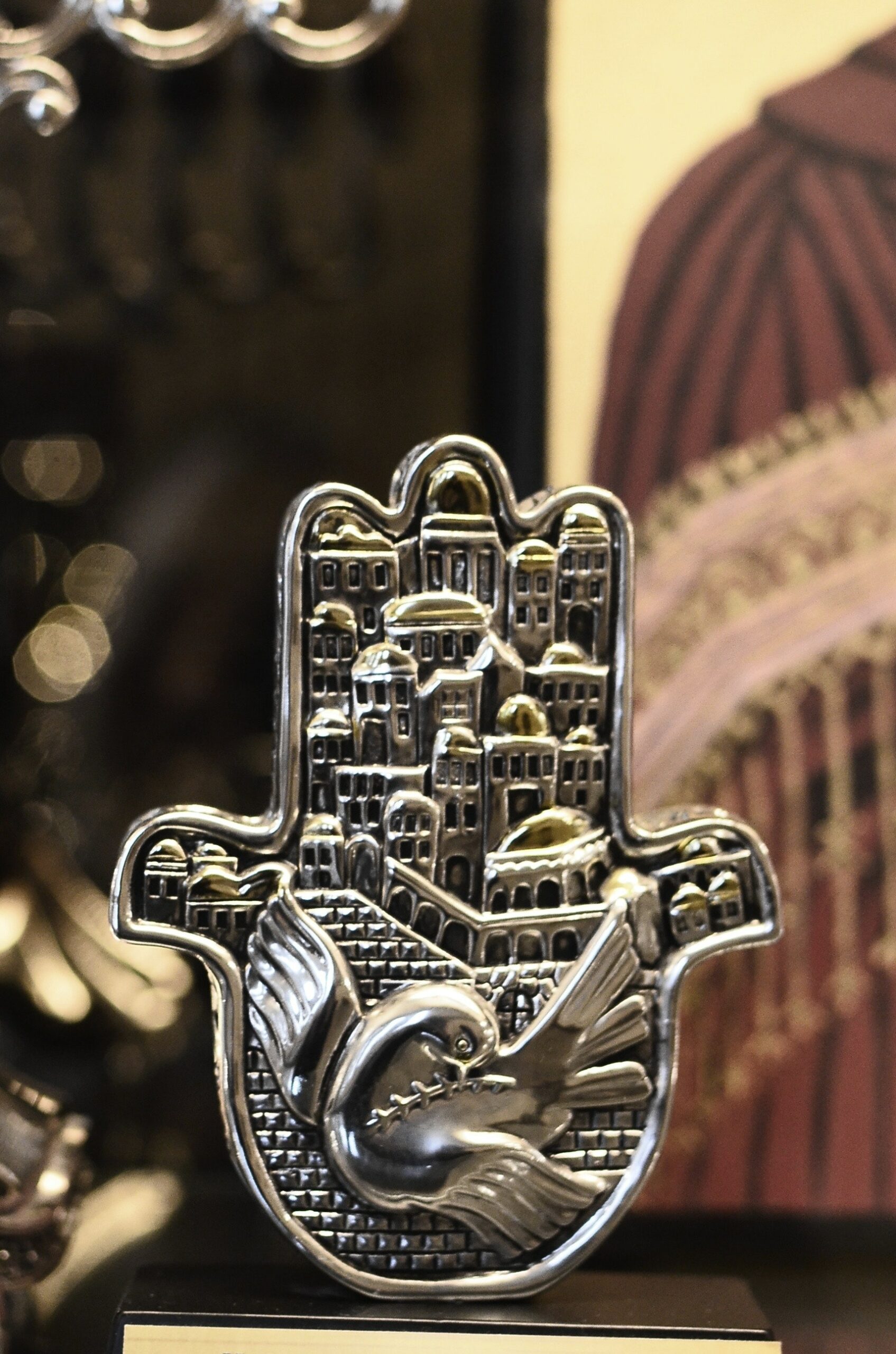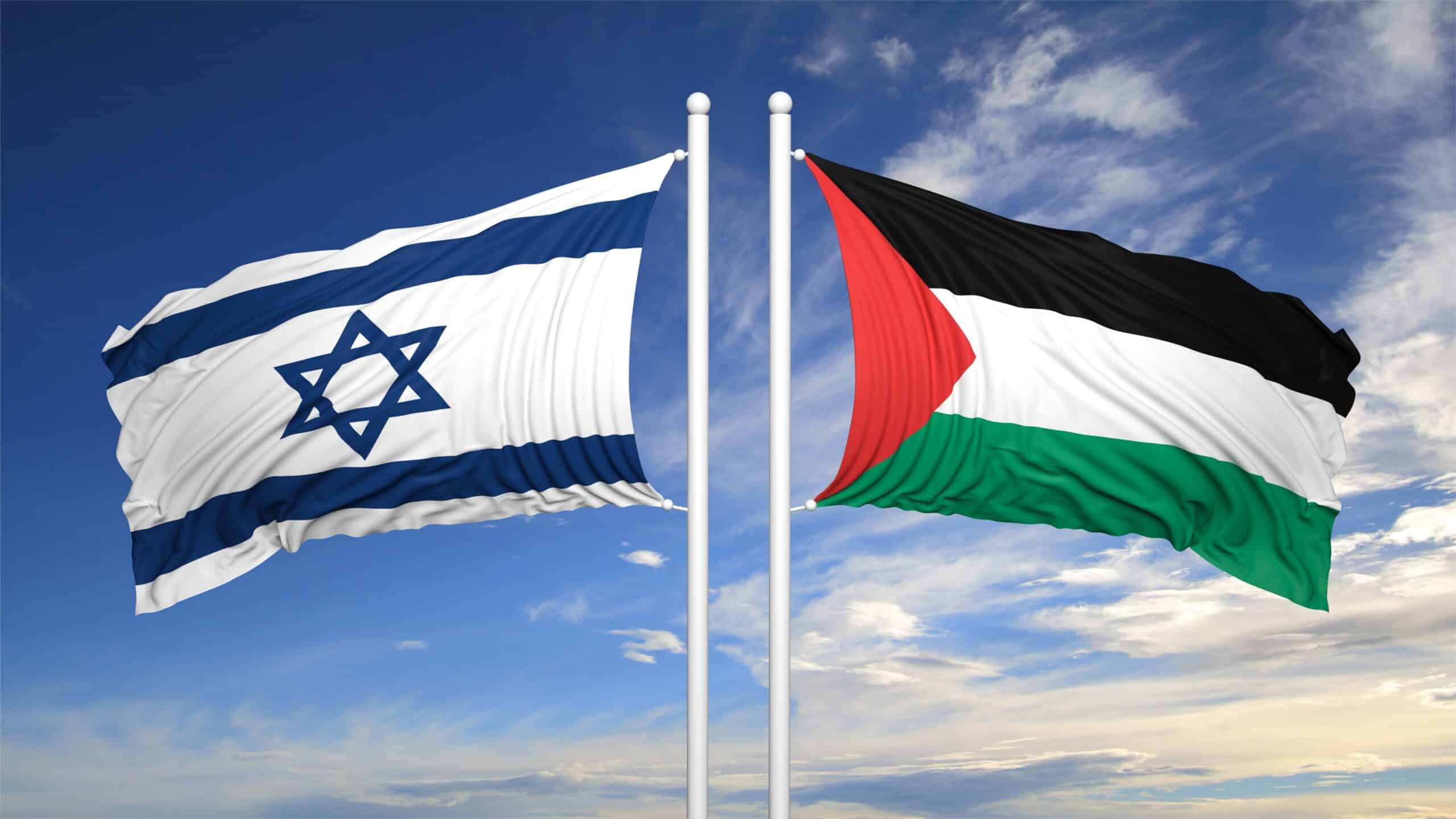Addressing Israel/Palestine through spiritual and social justice values
Shleimut’s Israel/Palestine program supports communities and leaders to approach Israel/Palestine through their spiritual and social justice values. We understand that addressing Israel/Palestine can be challenging on multiple levels, and have designed our unique programs to be in service of those who want to imagine or reimagine their relationship to the region.
We offer clear and accessible educational processes on the realities and complexities of Israel/Palestine through a justice-based, action-oriented lens, and provide spiritual sustenance and emotional support throughout the process.
Many liberal and progressive communities have clarity around supporting women’s rights, racial justice and full LGBTQ inclusion. But when it comes to Israel/Palestine, many of these same communities are paralyzed, uncertain how to proceed. Sadly, when we avoid addressing Israel/Palestine, we cut off a critically important place and the people who live there.
Shleimut can help your community integrate Israel/Palestine in a way that is aligned with your values.
Israel/Palestine poses one of the most critical dilemmas facing the world today.

In 1948, in the aftermath of the Holocaust, the State of Israel was established. The creation of Israel was widely considered miraculous by many Jews, while Palestinians consider it a catastrophe, the Nakba.
Following the 1967 war, the Israeli government captured Gaza, East Jerusalem and the West Bank. The Israeli military occupation of these territories has persisted since 1967. For more than half a century, the Israeli government has maintained control of nearly all the land, sea and air borders of the Palestinians who live in those territories, and maintains military rule over Palestinians living in the West Bank.
Ongoing cycles of systemic Israeli state and settler violence against Palestinians, as well as intermittent acts of Palestinian violence against Israelis, persist.
It doesn’t have to be this way. We can help pave the way for a future founded on the values of democracy, self-determination, human rights and shared humanity.
Shleimut’s Approach to Israel/Palestine
Shleimut does not take positions on specific political outcomes (one-state, two-states) and we do not engage in advocacy strategies (lobbying, economic activism, protests).
Rather, Shleimut takes a values-based approach, inviting our participants to engage with the region through their own spiritual and social justice values.
Through education and awareness-raising, we strive for a future that honors the shared humanity of Israelis and Palestinians alike. We work to bring forward a day in which all Palestinians and Israelis have dignity, safety and self-determination in equal measure.


As a result of Shleimut’s Israel/Palestine delegations and workshops, participants are encouraged to go forth and engage in efforts to advance peace and justice.
Guiding Principles for Shleimut’s Israel/Palestine work
Rooted in Jewish tradition while drawing from the world’s sacred traditions and humanistic approaches, these principles guide us in our work towards wholeness, equity, justice and peace.
Nishmat Hayyim. The Breath of Life.
In the Genesis story of creation, the Holy One blows the breath of life into the first human. All humans, regardless of race, religion, age, ethnicity, gender, ability, national origin, or any other distinguishing trait, are meant to be equally at home on earth. When we return to the breath, we return to our shared humanity.
Shema. Listen.
Judaism’s central prayer is a call to listen. To listen to each other, listen to ourselves. To listen for Divine wisdom, to listen to what has been cut off, suppressed. To listen for the life and light coming through. Listening circles are a core component of Shleimut’s work.
Mitzvot. Practices.
Often translated as ‘commandments,’ mitzvot can be understood as spiritual practices. Shleimut is anchored in sacred practices, including setting kavanot/intentions and expressing gratitude, modah ani/I am grateful.
Dor v’Dor. From Generation to Generation.
Judaism prioritizes ancestral generations and future generations. From our ancestors Abraham and Sarah to the beloved Talmudic tale of Honi the Circle Maker who plants trees for his children’s children in the future, we locate ourselves in the deep arc of time. This sense of continuity reminds us we are part of something larger than ourselves.
Wrestling with Yisrael.
In Genesis, Jacob wrestles with a Divine Being and his name is changed to Yisrael, he who struggles; the Jewish people are often described as ‘God wrestlers.’ In Shleimut, we become those who engage in holy wrestling with Yisrael: Am Yisrael, the people of Israel; Eretz Yisrael, the biblical land of Israel; and Medinat Yisrael, the State of Israel.
Va’titzhak Sarah. And Sarah laughed.
When three messengers tell Sarah that she will bear a child in her old age, she laughed! Laughter, humor and joy are important dimensions of spiritual expression. While staying mindful not to use humor as a ‘spiritual bypass’ to avoid what’s hard, humor can help us integrate seemingly-impossible visions.
B’Tselem Elohim. In the image of God.
The notion that humans are created in the image of God is yet another reminder of our fundamental equality. We frequently assert that all humans have the potential to manifest the Divine attributes of compassion, loving kindness, and grace. At the same time, God can also be angry, vengeful and violent. In Israel/Palestine, when we view those with whom we disagree, it can be tempting to assert: “I would never do that.” But this stance betrays a commitment to shared humanity, and puts distance between ourselves and others.
Tefillah. Prayer.
Whether prayer from the heart or prayer from the siddur/prayer book, whether through writing, silence, music, movement or the traditional liturgy, prayer offers a ritualized opportunity to reconnect with Self and the Divine.
Terumah. Offerings.
Those who participate in Shleimut’s activities are invited to bring their own talents and wisdom to the programs. Our model is one that draws from every individual’s gifts, not just those in formal leadership positions.
Lech L’echa. Go forth.
As Abraham sets out on his journey to a place called the Land of Canaan, God instructs him to go forth and be a blessing. Those who travel through Shleimut’s programs are invited to carry the work forward, towards expanding wholeness, equity, justice and peace in the world we share.


